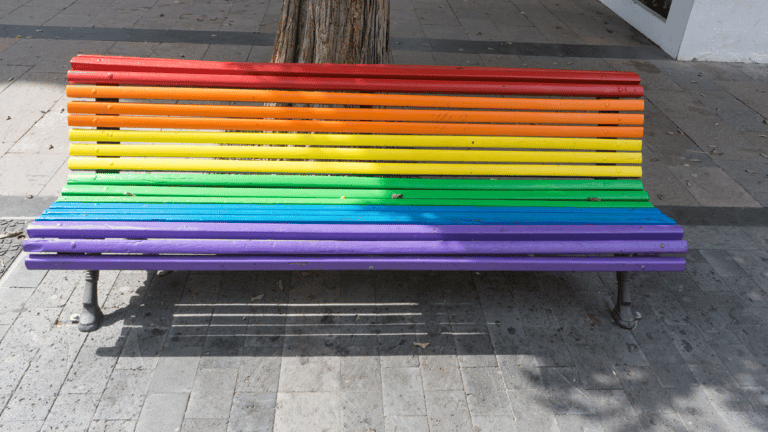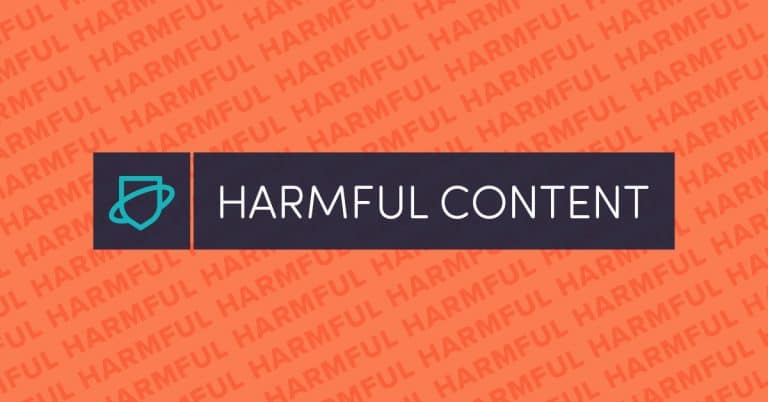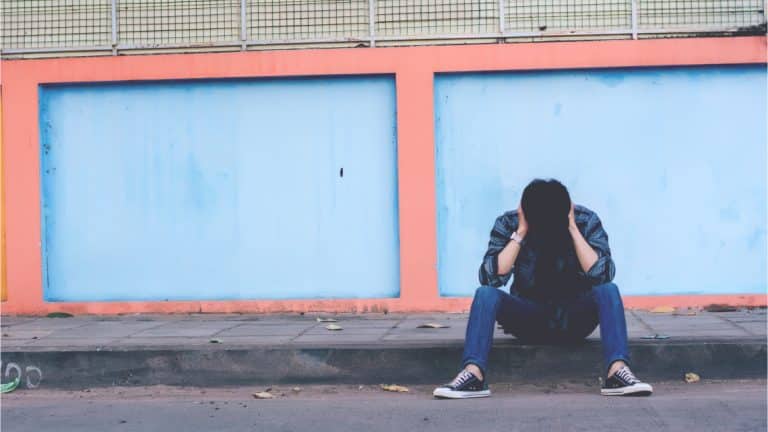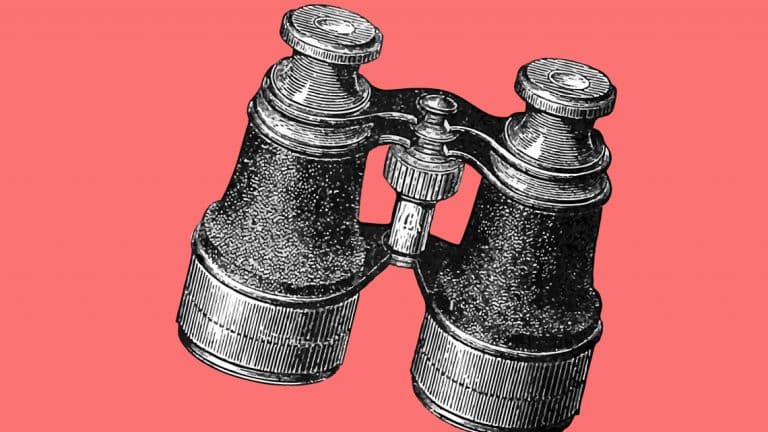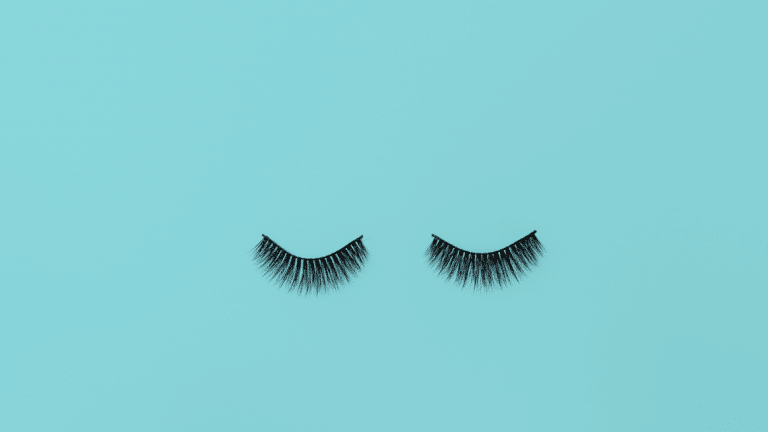Get help for gender-based online abuse
Online bullying, abuse or harassment based on your gender can make you feel isolated and alone, and in some situations it can make it feel harder to reach out for help. If you are experiencing abuse or harassment online based on your gender, you can contact Netsafe for help and advice. How can Netsafe help?…

Online bullying, abuse or harassment based on your gender can make you feel isolated and alone, and in some situations it can make it feel harder to reach out for help. If you are experiencing abuse or harassment online based on your gender, you can contact Netsafe for help and advice.
How can Netsafe help?
Netsafe is open seven days a week to give you free and confidential help with issues around online bullying, harassment or abuse. We’ll talk to you about what’s happening and give you advice on what you can do to stop the bullying or harassment and stay safe.
We can also look into what’s happening and work with you and the person bullying or harassing you to get them to stop – but we won’t do this unless you say it’s OK. We may also contact online platforms like Facebook or Snapchat to ask them to block or remove posts or other harmful content.
Netsafe may also be able to provide you with information about other options for stopping the abuse or harassment.
If you’re concerned about the immediate safety of you or someone else, call 111.
Is gender-based online abuse illegal?
In New Zealand online abuse, harassment and bullying can be covered by the Harmful Digital Communications Act. We’ve put together some information about the Act below so you can learn more about what types of behaviour might be included in the legislation.
Harmful Digital Communications Act:
The Harmful Digital Communications Act 2015 (the Act) tackles some of the ways people use technology to hurt others. It aims to prevent and reduce the impact of online bullying, harassment, image based abuse (sometimes called ‘revenge porn’) and other forms of abuse and intimidation online. Online harassment or abuse when it targets an individual based on their gender is a breach of the 10 Communication Principles set out in the Act. You can learn more about the Act and the 10 Communication Principles here.
Netsafe is the agency chosen to take complaints of harmful digital communications and informs people about the options that are available to them to remedy the situation. If you need help our free and confidential advice and support service is available seven days a week.
What can I do to stop the abuse?
1. Take a breath
It’s normal to feel upset, or feel like you have to respond to the abuse straight away. Take a breath, don’t respond right away and do the steps below first.
2. Reach out
Talk to someone that you feel you can trust. This could be a close friend, a family member or a guidance counsellor. If you’d rather talk to someone else, you can contact Netsafe, Need to Talk, Lifeline or Youthline for support.
3. Keep evidence
Save texts and emails and take screenshots of anything that might disappear later. Make sure you keep track of dates, what has happened, who you think did it and why.
4. Report it
Block or report the abuse online. Most social networks have safety centres with tips on how to deal with abuse on the platforms. Here are some handy links:



Facebook • Snapchat • Instagram •YouTube • Twitter
There’s also the ability to disable comments on posts and videos on Instagram and YouTube.
5. Contact Netsafe
We can help you with advice and support. You can make a report online, text ‘Netsafe’ to 4282, email us at [email protected] or give us a call on 0508 NETSAFE (0508 638 723).
If you’re worried for your immediate safety, call the Police on 111.
Discrimination based on your gender:
If you feel you’ve been discriminated against on the basis of your gender or sex, the Human Rights Commission may be able to help. We’ve put together some information below about the Human Rights Act and the types of discrimination it could cover.
Human Rights Act:
The Human Rights Act 1993 protects people in New Zealand from discrimination in a number of areas of public life. Discrimination occurs when a person is treated unfairly or less favourably than another person in the same or similar circumstances.
Under the Human Rights Act, it’s unlawful to discriminate based on sex (this includes discrimination based on gender, pregnancy and childbirth) or sexual orientation (which means a heterosexual, homosexual, lesbian, or bisexual orientation). Discrimination based on sex, or any of the other prohibited grounds of discrimination, may be unlawful when it happens in the following areas of public life (although there are some exceptions, depending on the exact circumstances):
- Government or public sector activities
- Employment
- Business partnerships
- Education
- Public places, vehicles and facilities
- The provision of goods and services
- The provision of land, housing and accommodation
- Industrial and professional associations, qualifying bodies and vocational training bodies.
Sexual harassment is also covered by the Human Rights Act, including in the areas of employment and education. Sexual harassment is unwelcome or offensive sexual behaviour that is repeated or significant enough to have a harmful effect on a person.
If you feel you have been discriminated against on the basis on your sex you can contact the Human Rights Commission about laying a complaint.
CONTACT NETSAFE
Need help or advice? Contact us.
- Text ‘Netsafe’ to 4282
- Email [email protected]
- Call us toll free on 0508 NETSAFE (0508 638 723)
- Online report form at netsafe.org.nz/report
Our helpline is open from 8am – 8pm Monday to Friday and 9am – 5pm on weekends.
Other services
Lifeline
Youthline
RainbowYOUTH
Outline
Safe to Talk
Shine
Women’s Refuge
Shakti
Need to Talk
Human Rights Commission



